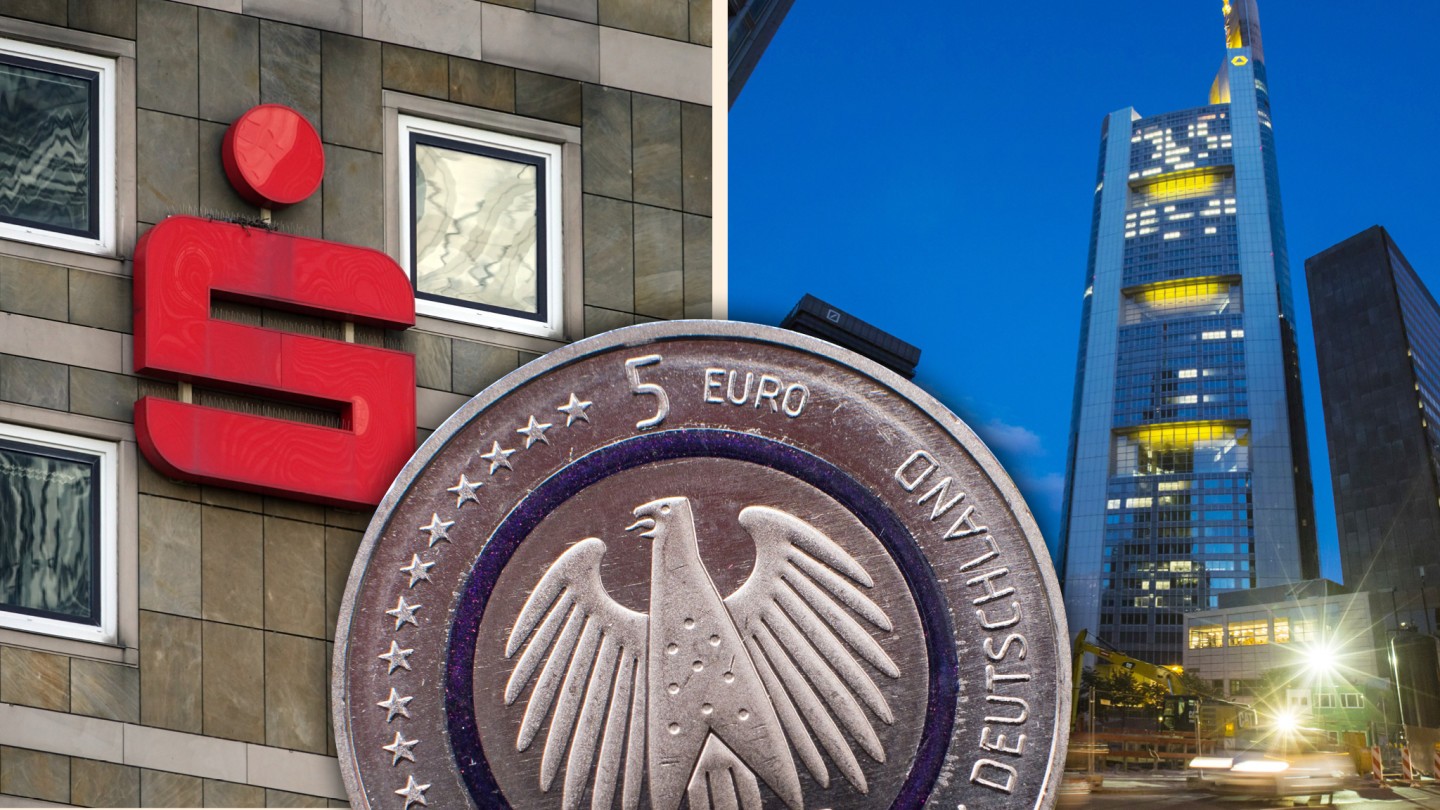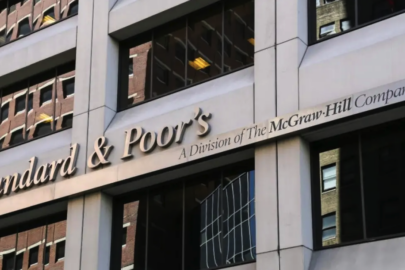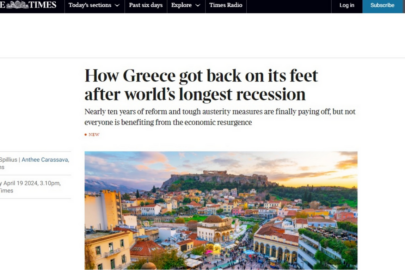The European economy is stuck, and this has nothing to do with Brexit. Try this question: out of the four largest European economies – Germany, the UK, France and Italy – which grew fastest in the second half of last year?
The answer is almost certainly the UK. We don’t have the final figures yet for all the countries, but we know that Italy was in recession, with the economy having shrunk in both quarters. Germany shrank in the third quarter, and economists expect it to have grown very slowly, if at all, in the fourth. France grew by 0.3 per cent in each quarter. And the UK grew by 0.6 per cent in the third quarter and is expected to have grown by about 0.3 per cent in the final three months – we get figures this coming week.
This is not a political observation, and in any case figures always get revised so we should not take them too seriously. But economic stagnation is a fact. Last week the European Commission acknowledged the slowdown, cutting its forecast for the eurozone to 1.3 per cent. The official gloss on this is that it’s temporary. Pierre Moscovici, commissioner for economic and financial affairs, said that “the slowdown is set to be more pronounced than expected last autumn,” but he expected that “growth should rebound gradually in the second half of this year and in 2020”.
Read more HERE





































